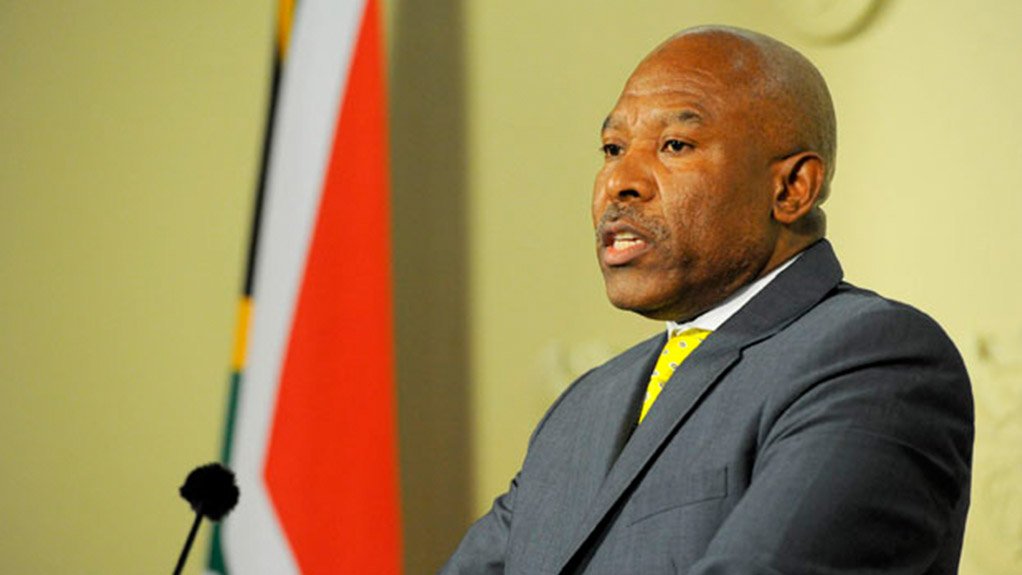South Africa should have shifted to an inflation target of between 2% and 4% years ago and – even though inflation is threatening to break above 6% – lowering the target should still be considered, according to Lesetja Kganyago, governor of the SA Reserve Bank.
"The time to actually talk [about] an inflation target is exactly when inflation is rising because then people understand why high inflation is not good for them," Kganyago said in an interview with Bruce Whitfield on The Money Show on Monday evening.
On Friday, US inflation came in at 8.6% for May, the hottest rate since 1981. Eurozone inflation reached a record 8.1% for the same month. In South Africa, April inflation was 5.9% - still below the upper level of the Reserve Bank’s target of 3% to 6%.
The target was adopted in 2000, and at the time, government’s plan was to shift it to 3% to 5% by 2004, and then to 2% to 4%.
But in 2001, after the rand lost 26% in two months after the Argentine government defaulted on its debt, it was decided to stick 3% to 6%.
"If you were to ask me what was the biggest macro-economic mistake that we made on the monetary front, it was exactly that," Kganyago said on Monday evening. He said that the correct approach would have been to acknowledge that South Africa experienced a supply shock, but then to have confidence that the central bank would bring inflation back into the target range.
Last year, Kganyago said that sticking to 3% to 6% entrenched higher inflation and higher inflation expectations.
"The target range of 3% to 6% was eventually interpreted as a target point of 5.99%, resulting in nominal interest rates several percentage points higher than they might have been," he said.
On Monday, Kganyago said that there’s nothing to prevent the SA Reserve Bank from aiming to achieve a target that is closer to 3%, give that it is still within the range.
"What is important is for us to demonstrate to South Africans that we mean business when we say need to control inflation."
He said that lowering the inflation target range is a "conversation" that Treasury and the Reserve Bank would have.
"It is important to demonstrate to South Africans that the South African authorities are committed to protect the buying power by keeping inflation in check."
With growing expectations that the US central bank will hike rates by 75 basis points on Wednesday, Kganyago said that in South Africa, neither a hike of 50 basis points nor 25 basis points will be off the table at the next monetary policy committee (MPC) meeting in July.
In May, it increased the repo rate by 50 basis points to 4.75%, the largest hike since January 2016. Since then, economic growth for the first quarter came in stronger than expected, while inflation pressures continued to build.
Kganyago said that the MPC will be closely watching whether price setters – businesses and labour – are starting to price in higher inflation expectations.
"The problem we are having at the moment is that you’ve got a multiplicity of supply shocks: you’ve constraints in the global supply chain, you’ve got rising energy prices, you’ve got rising food prices." He says that price hikes may be spreading to areas that were not directly affected by the initial shocks. The end of global lockdowns, and then the invasion of Ukraine, triggered price shocks in oil and other goods.
"There is evidence of second-round effects and that is what the central bank has to respond to," Kganyago said during an interview on The Money Show.
EMAIL THIS ARTICLE SAVE THIS ARTICLE
To subscribe email subscriptions@creamermedia.co.za or click here
To advertise email advertising@creamermedia.co.za or click here











